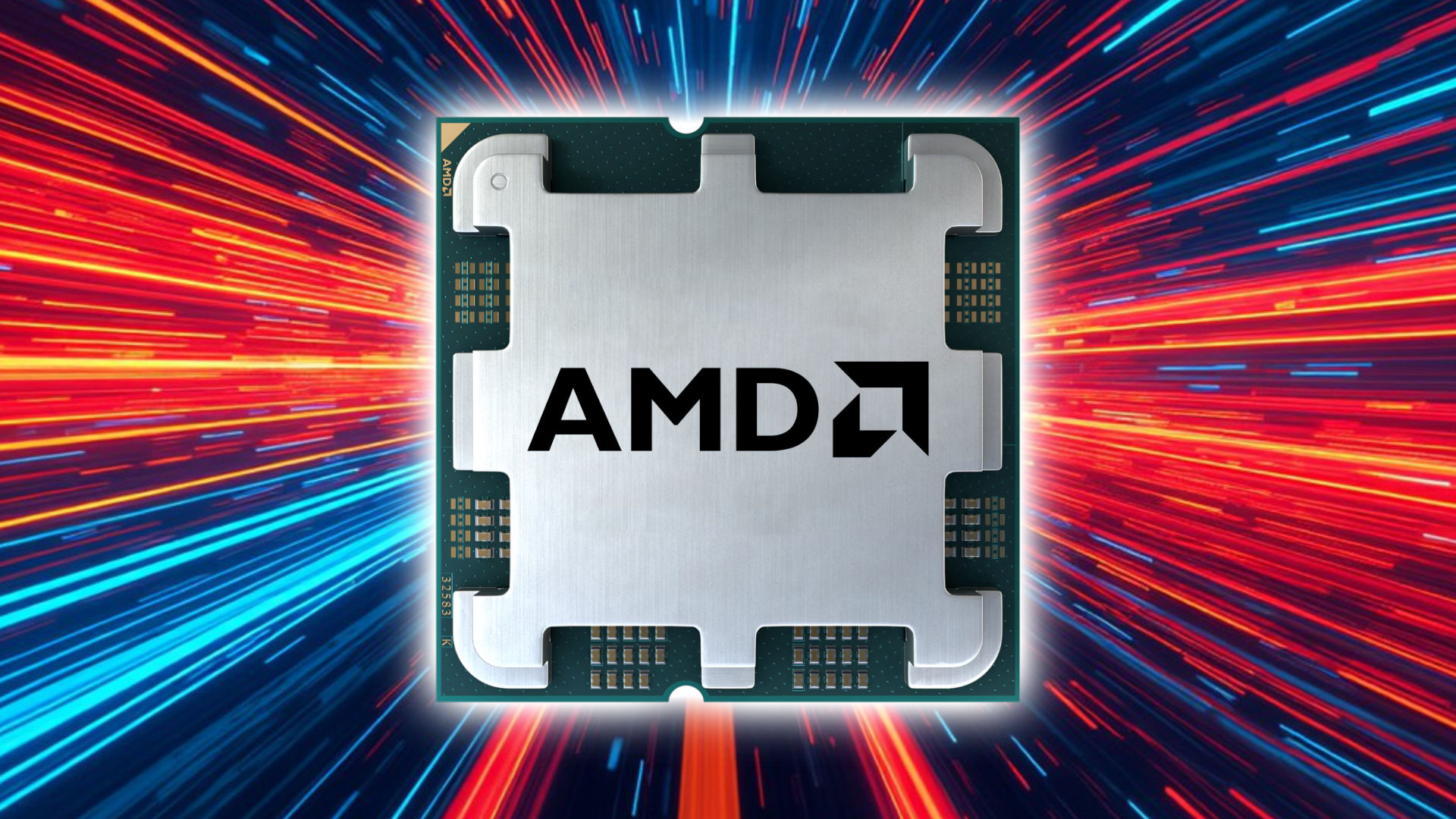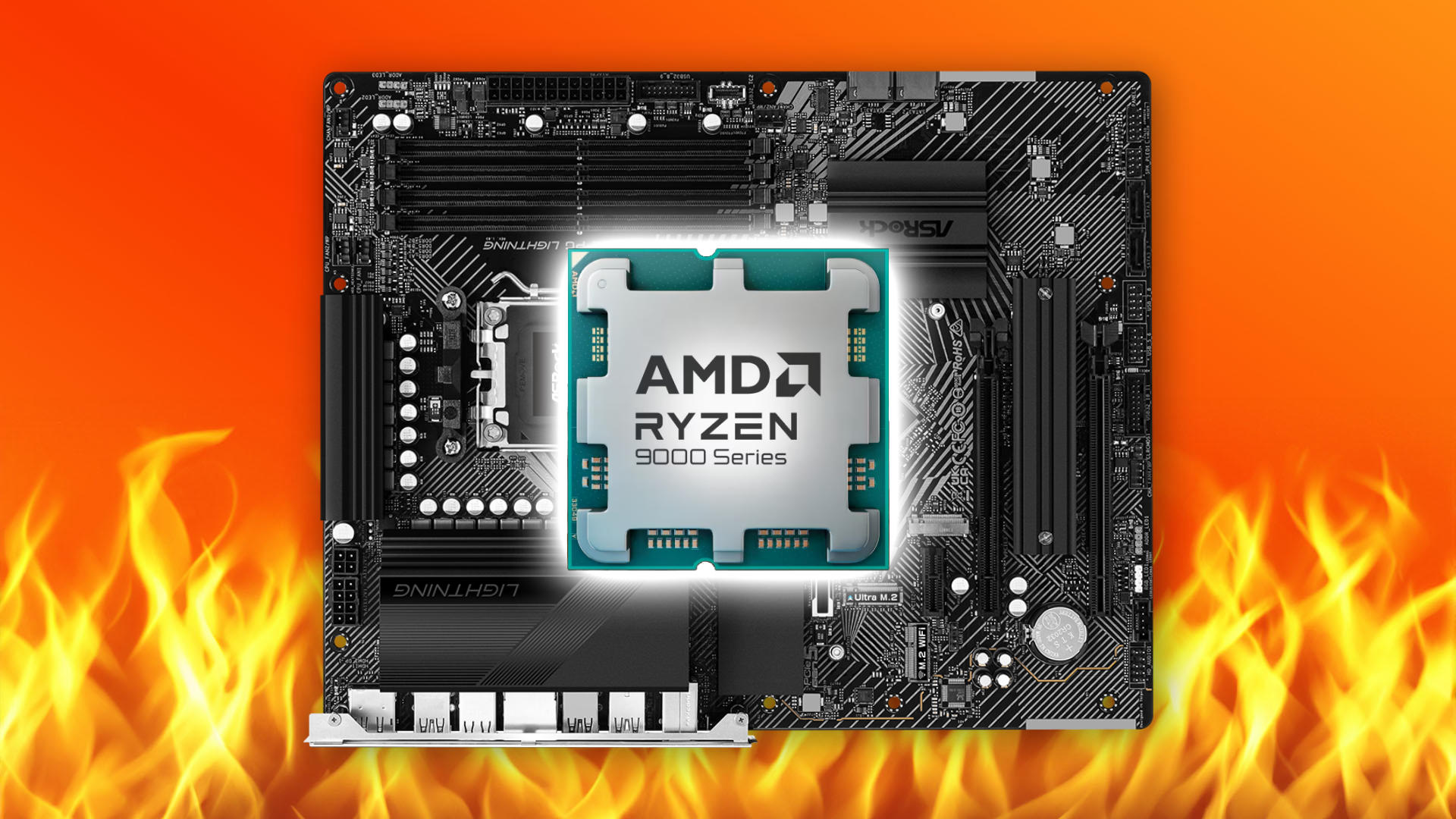A new AMD Ryzen CPU benchmark leak has just appeared, and it shows the potentially awesome power of the company’s new Threadripper CPUs for multi-threading work. This new leak appears to show the raw power of the 96-core AMD Ryzen Threadripper Pro 9995WX, which is massively more powerful than your average gaming CPU, even if it isn’t a chip aimed at the gaming market.
We’ve not seen new Threadripper CPUs from AMD in a few years, and their release is highly anticipated. Packed with a ridiculous number of cores, at least by usual desktop standards, Threadripper Pro 9000 prices are already set to be ridiculous, with the 9995WX costing as much as $11,699 at launch. Expensive as they may be, raw power alone isn’t enough to make them great for gaming, either, with the options in our best gaming CPU guide still likely to top a Threadripper as the choice for a gamer-focused PC build.

This new leak, released on the Chinese industry forum Chiphell by admin user nApoleon, and caught by tech leaker 9950pro, shows a screenshot from benchmarking tool Cinebench R23. The leak shows a CPU multi-core test score of 173,452 for a CPU that 9950pro identifies in a post on X (formerly Twitter) as the new flagship AMD Ryzen Threadripper Pro 9995WX.
To put that into perspective, the eight-core 9800X3D scored an average of 23,265 when we tested it for our AMD Ryzen 7 9800X3D review. Meanwhile, the 24-core Intel Core i9 14900K, Intel’s last-gen flagship, scores 36,072 in our own benchmarks.
That’s a somewhat unfair comparison, however. Gaming CPUs rarely have excessive amounts of cores, and a 96-core CPU is clearly going to outperform an eight-core 9800X3D in a multi-core CPU test. Recent Threadripper CPUs in the past, including the 96-core 7995WX that this chip is replacing, have scored well over 100,000 in the same Cinebench tests, according to user test scores posted online, including in this recent Chiphell forum post that put the 7995WX through benchmark testing.
As AMD itself has stated, this is a processor aimed at the professional market, with AI and video rendering tasks in mind. High CPU counts work well in those situations, but not for gaming. That makes these CPUs a far less likely option for most gamers, especially with the 9995WX’s $11,699 price tag.
You might want to skip the Threadripper for your next gaming PC, but that doesn’t mean you can’t still go big when you’re picking your parts. Our best gaming motherboard guide is a good place to get started to pick the right centerpiece for your build. Once you’ve picked your CPU to go with it, you should head over to our best CPU cooler guide, which has several stylish options to help keep those CPU temps down.
You can also follow us on Google News for daily PC games news, reviews, and guides. We also have a vibrant community Discord server, where you can chat about this story with members of the team and fellow readers.


